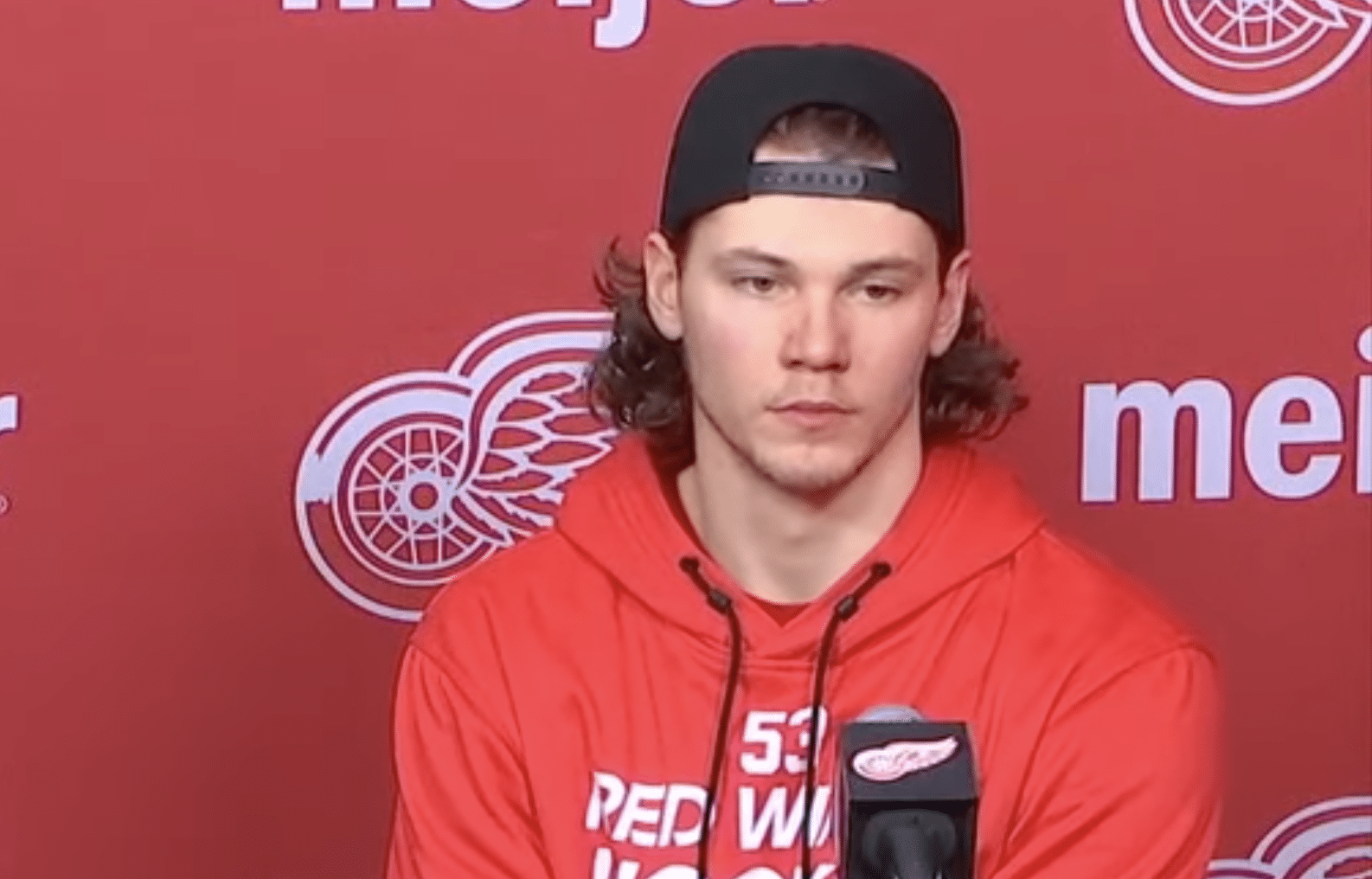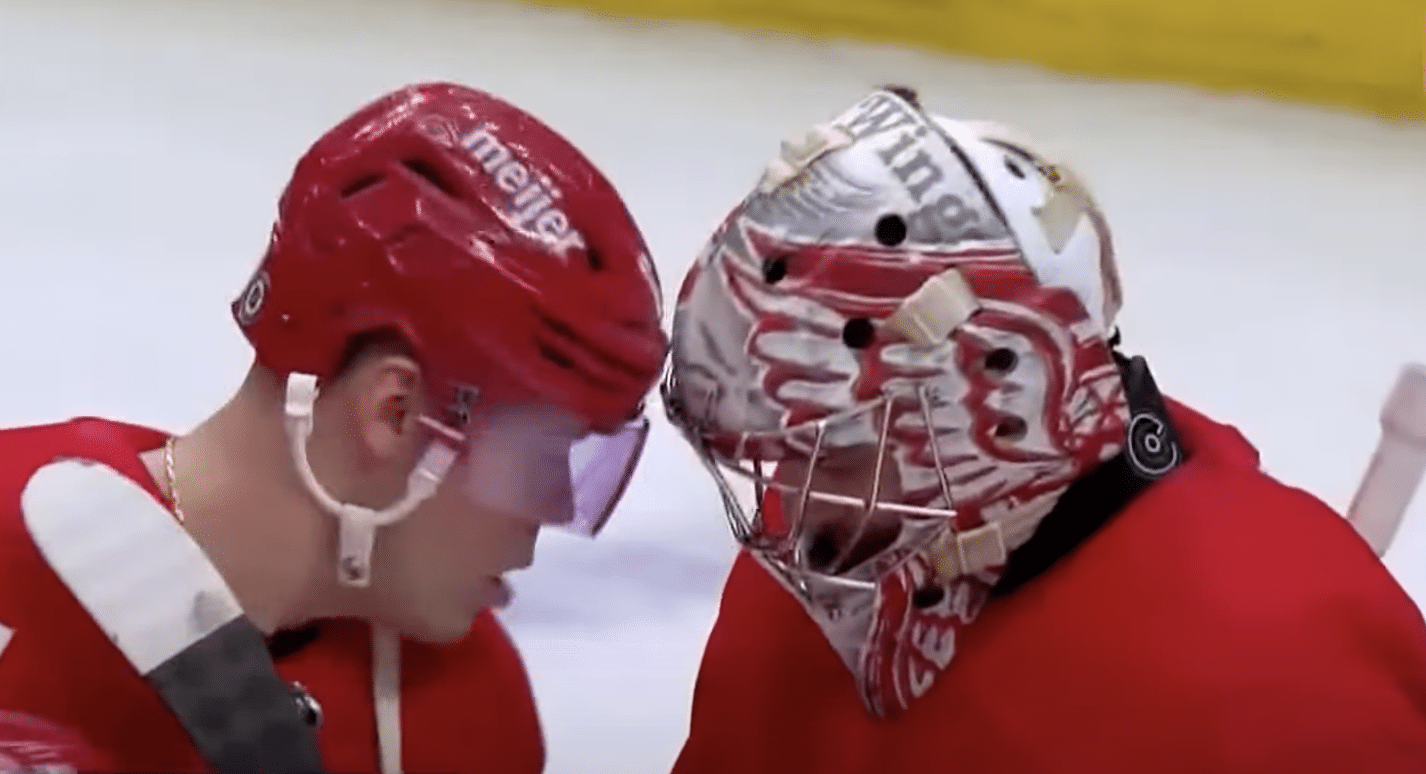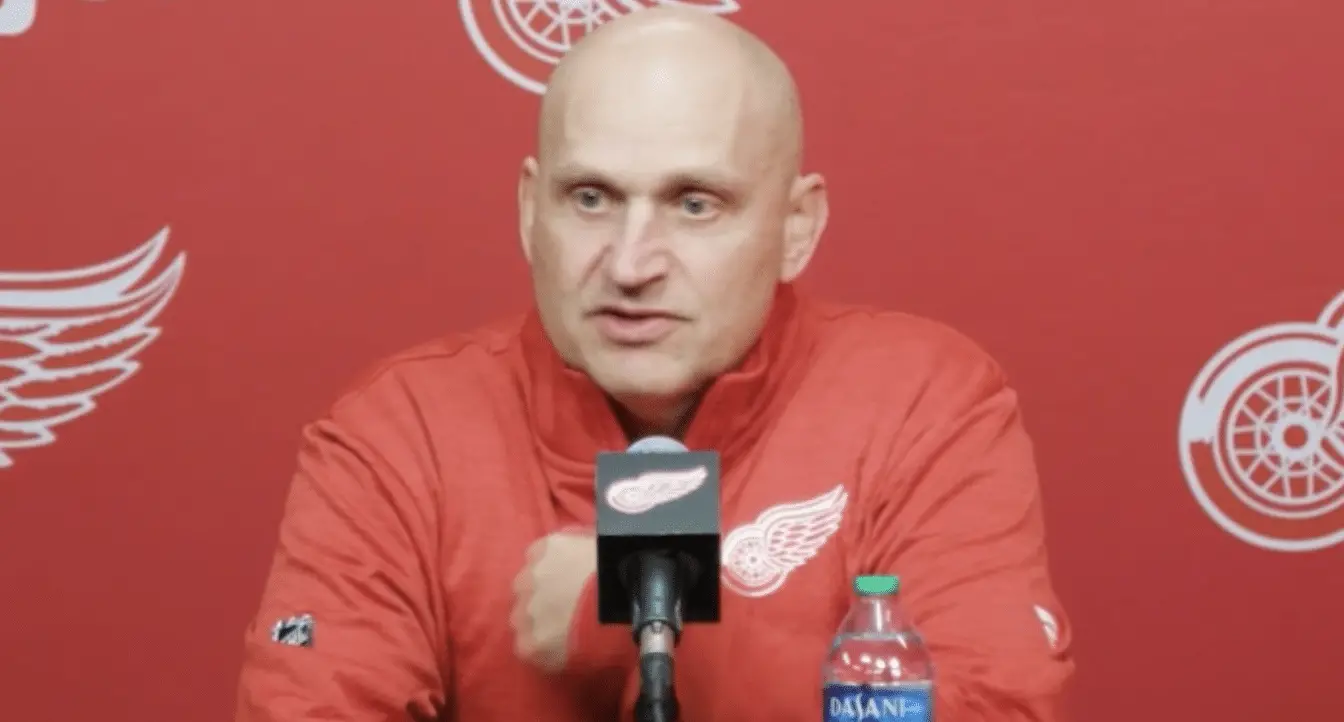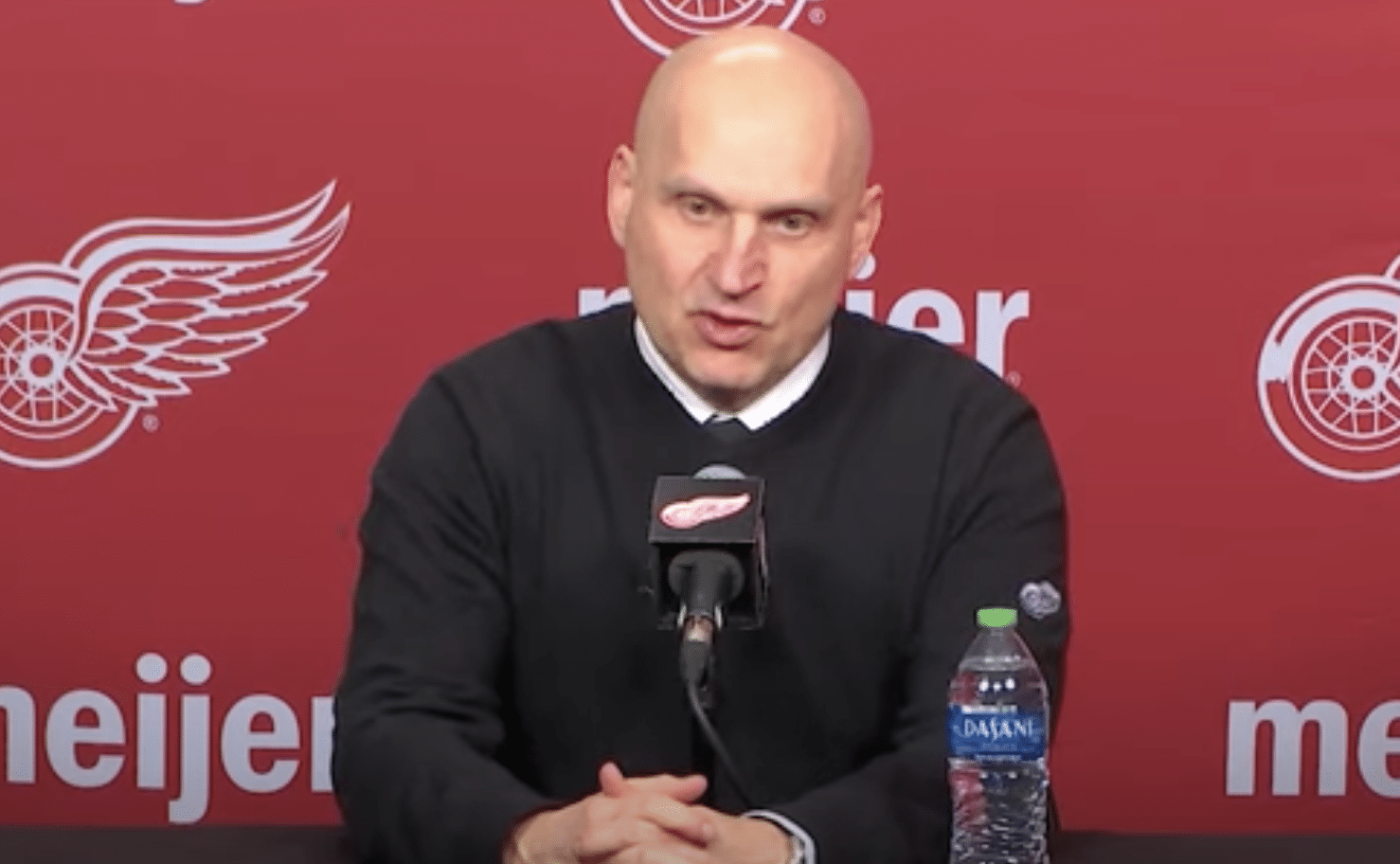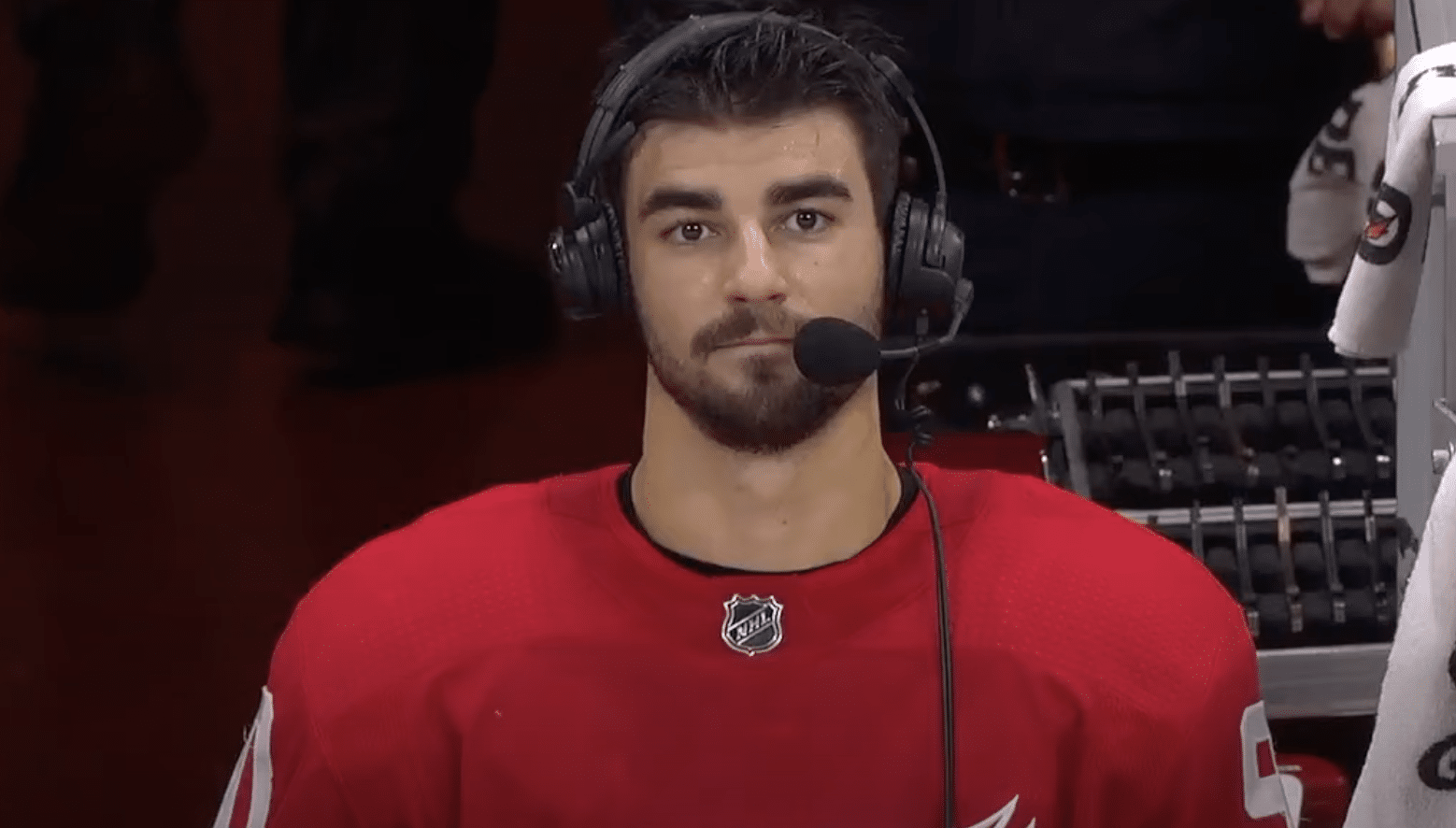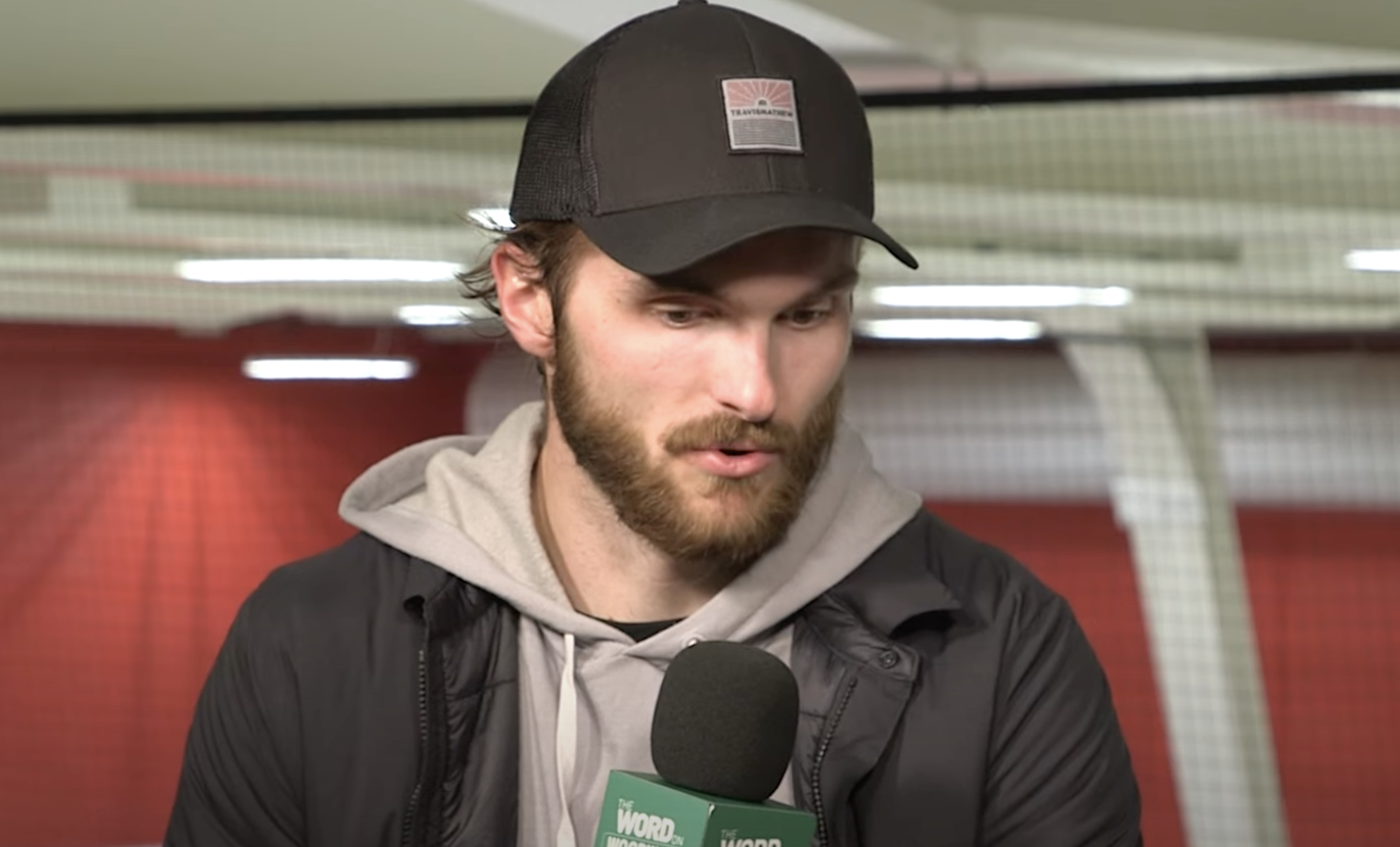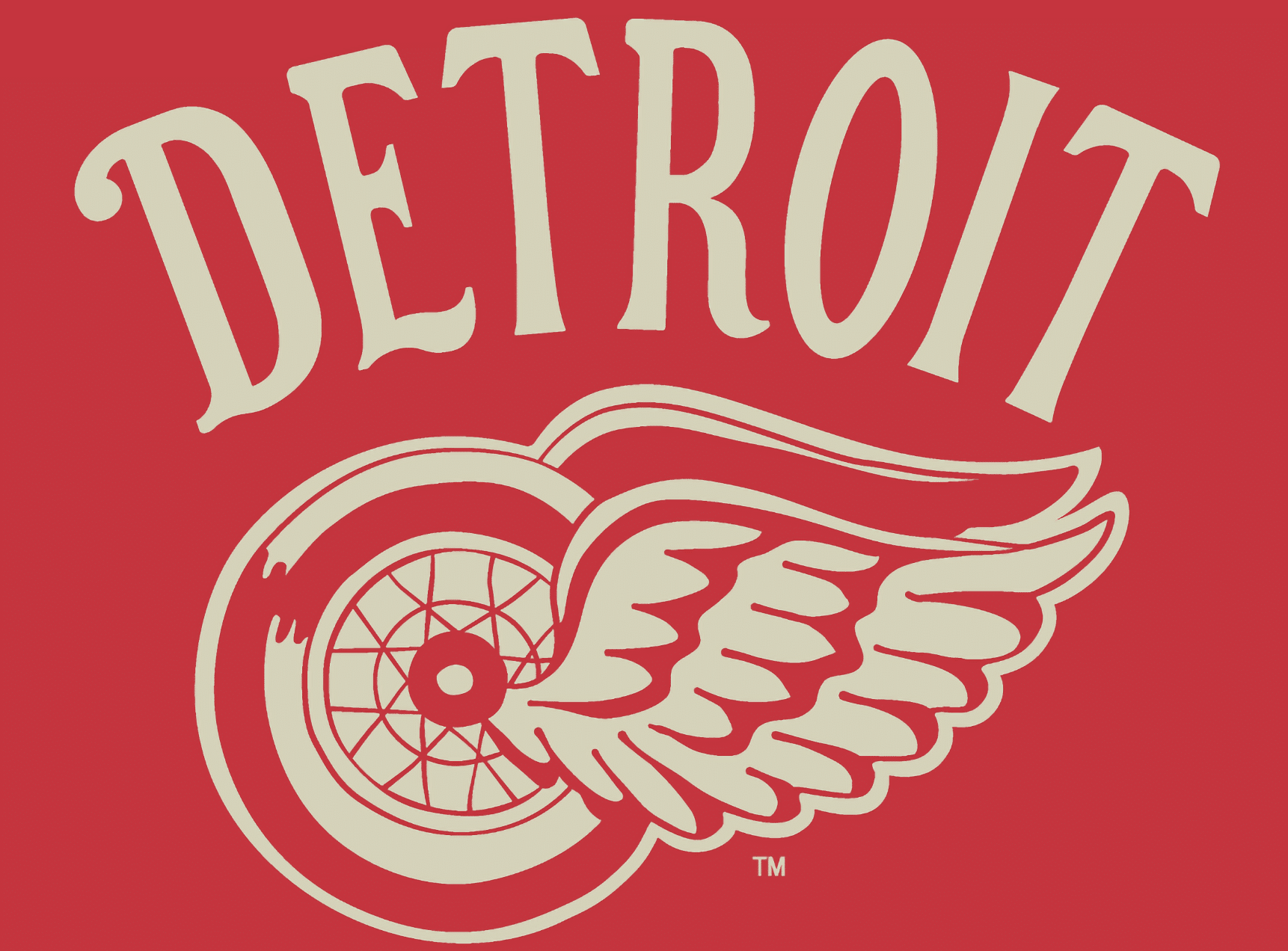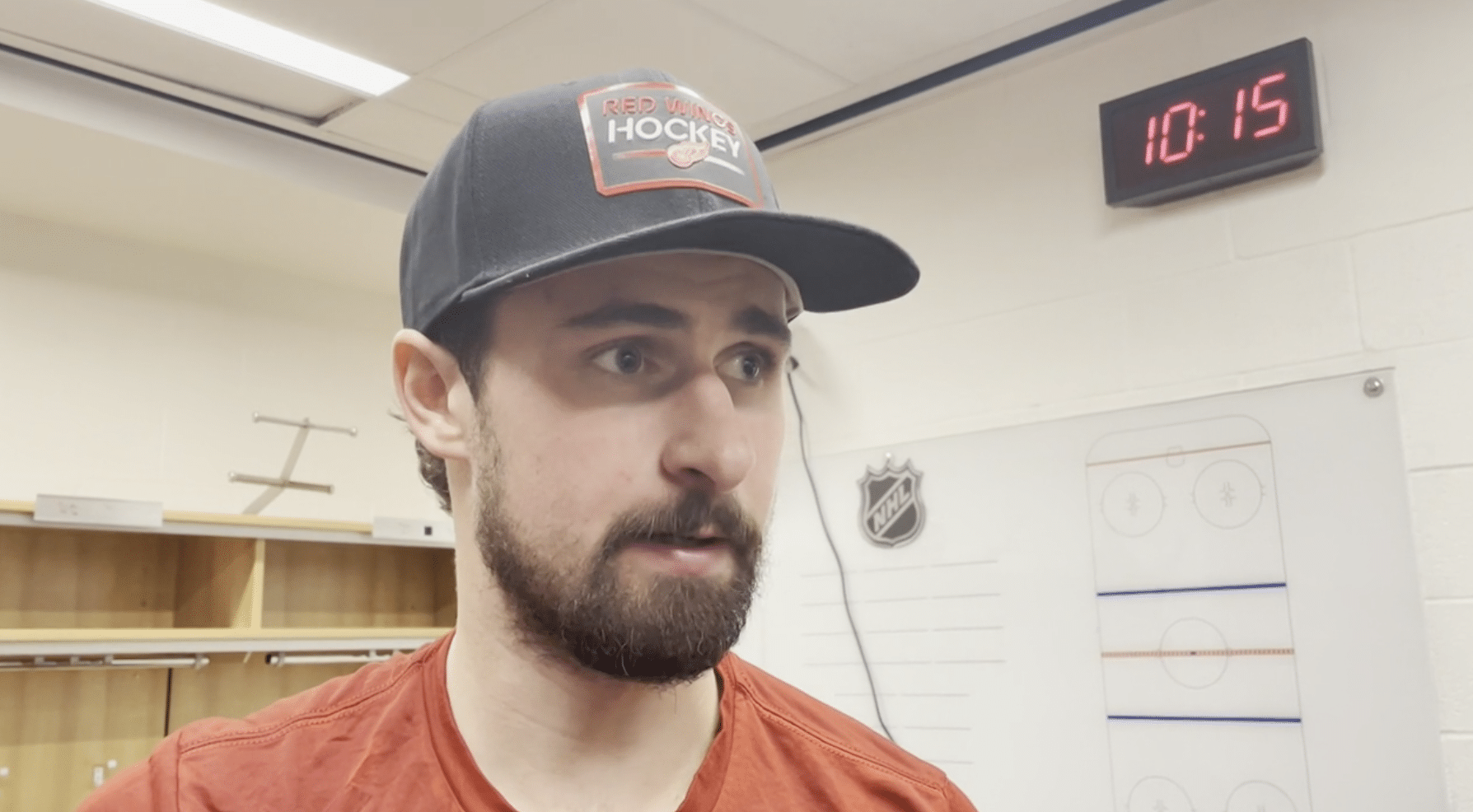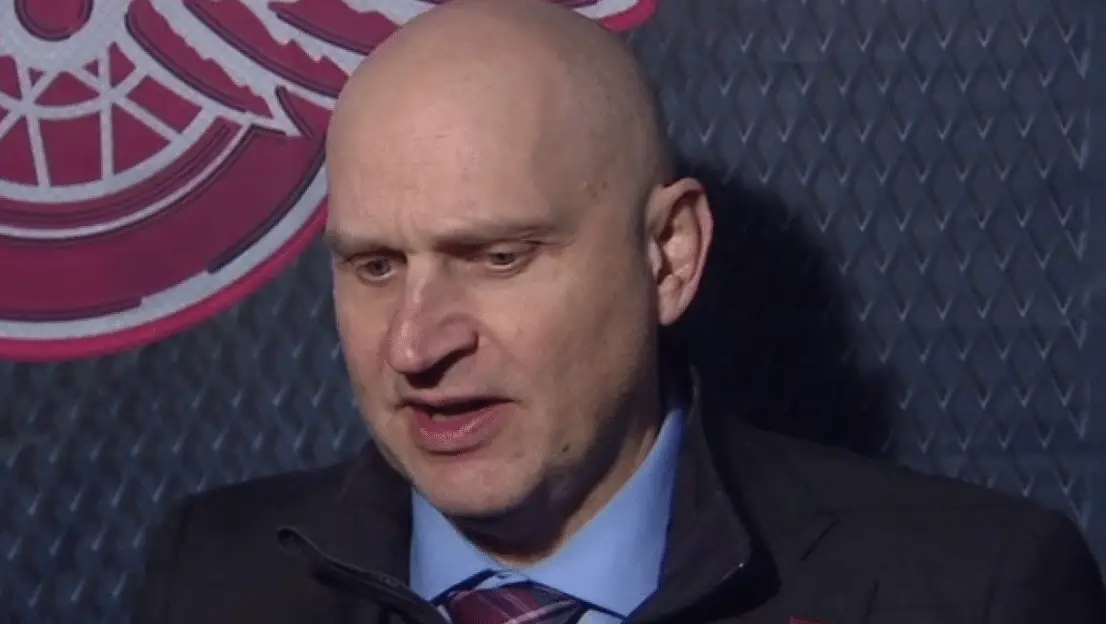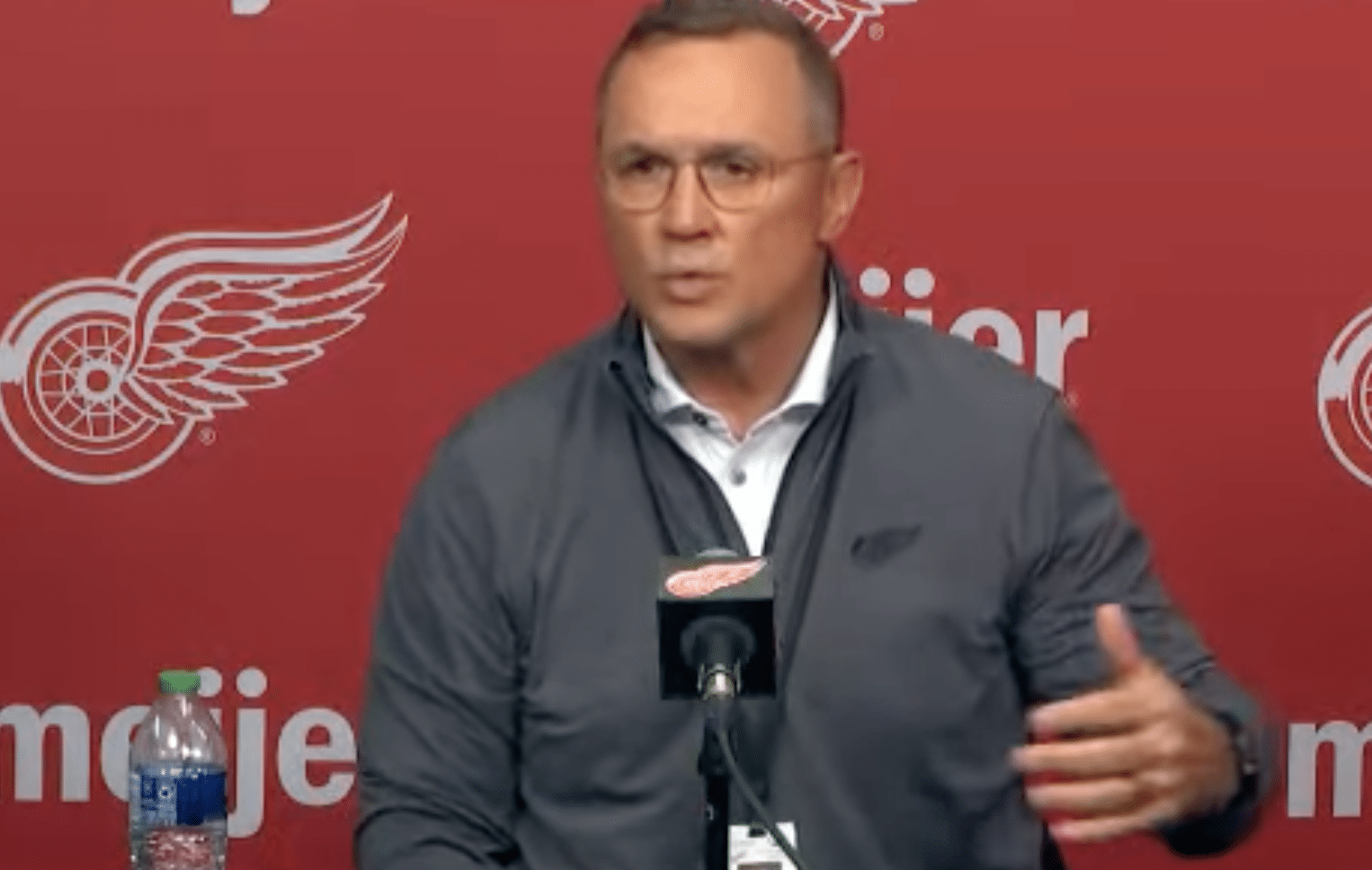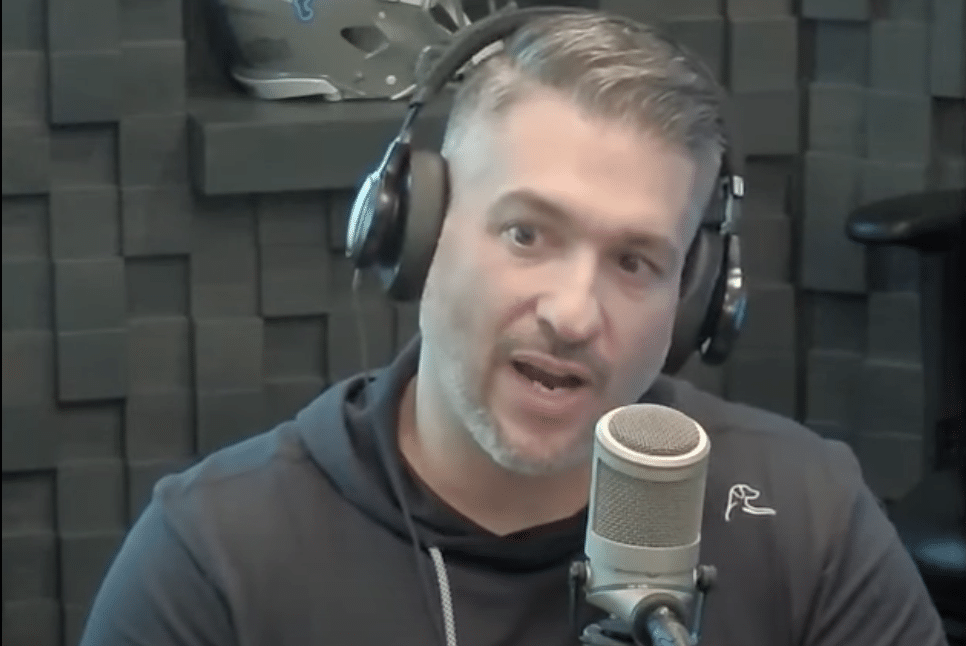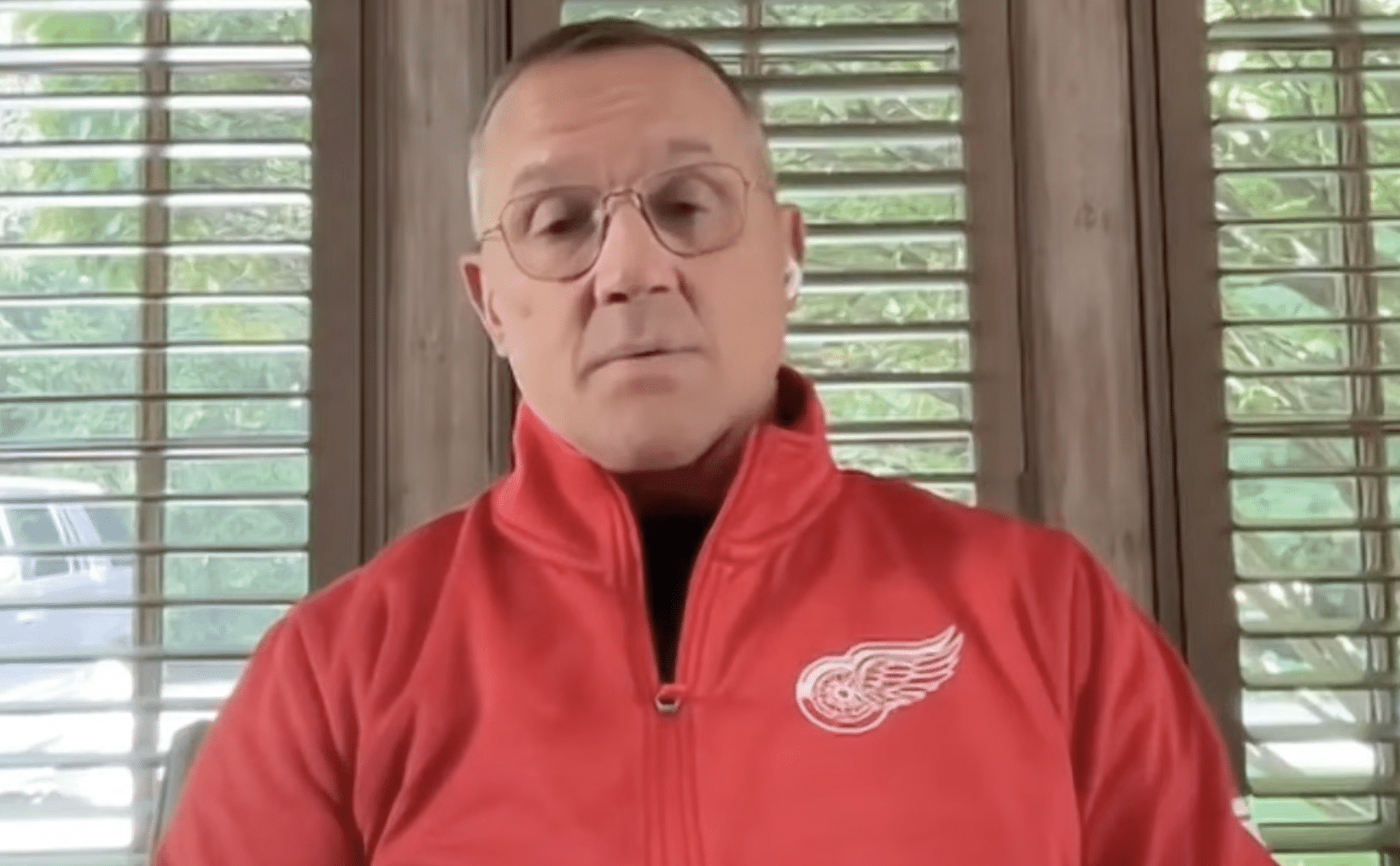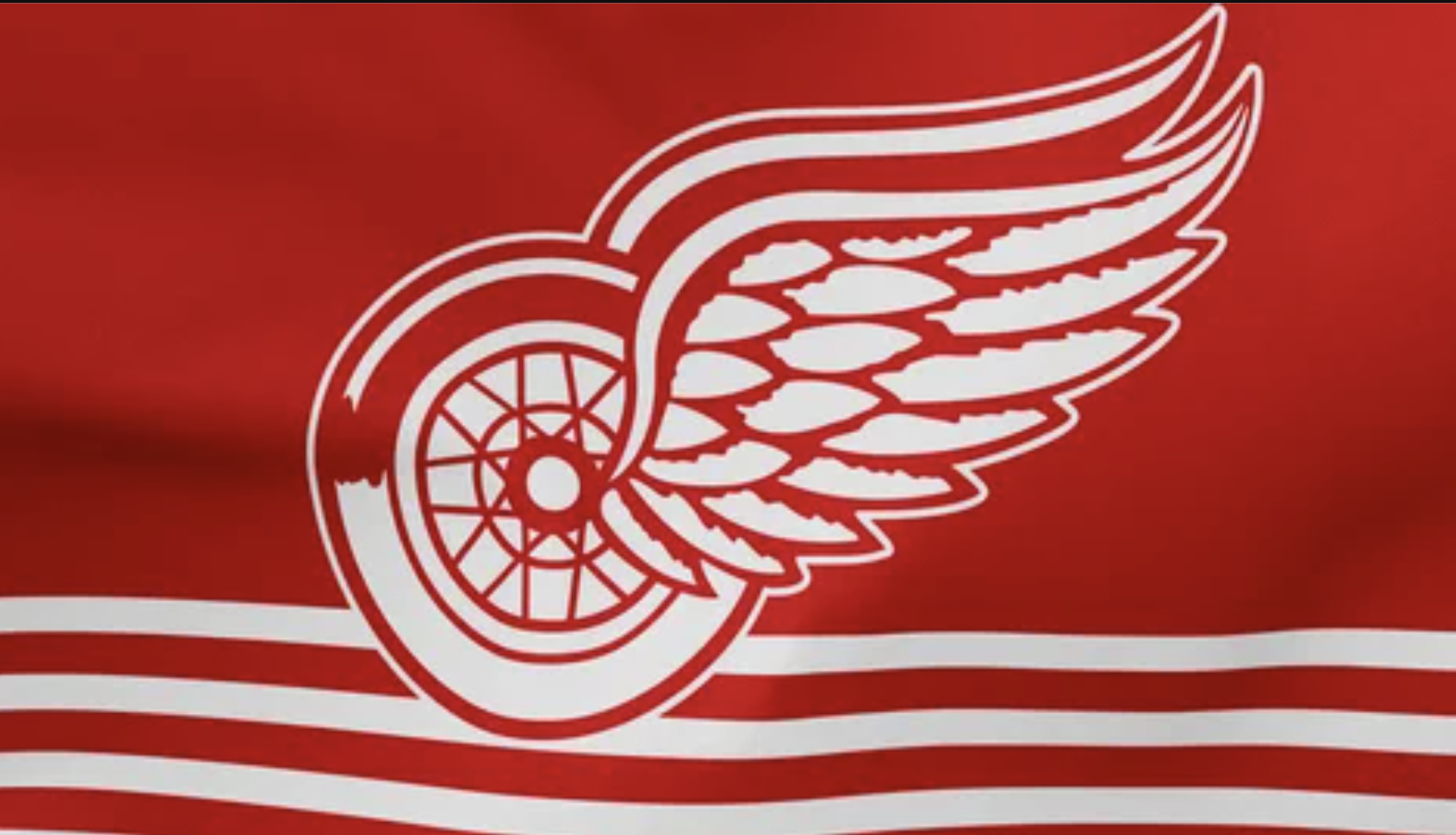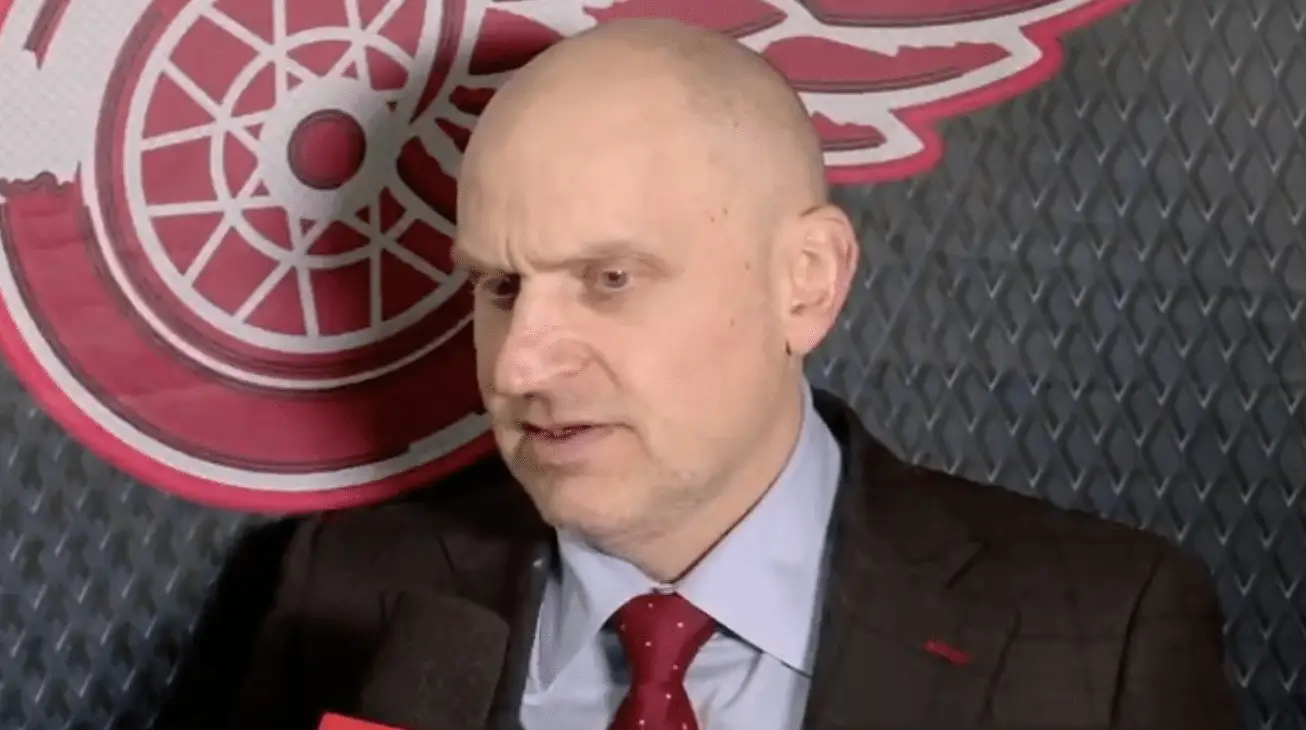Detroit Sports Nation
Read the News
Subscribe
Latest News:
Detroit Lions CB Carlton Davis called out by Former Buccaneers player
Detroit Lions CB Carlton Davis has been put on blast by a former Bucs player.
Detroit Tigers LF Riley Greene makes INSANE catch to take away home run [Video]
Riley Greene makes INSANE catch to save a couple of runs for the Tigers!
Detroit Red Wings D Moritz Seider Has The Flu In Advance Of Matchup vs. Capitals
Moritz Seider Has The Flu as Red Wings prepare for tonight's game vs. Capitals.
Detroit Sports Nation
Read the News
Subscribe
Home Detroit Red Wings
Detroit Red Wings
Stay ahead of the competition with in-depth coverage of the Detroit Red Wings, including player stats, game analysis, and the latest news.
[td_block_social_counter manual_count_facebook="255324" manual_count_twitter="128657" manual_count_youtube="97058" style="style6 td-social-boxed" f_counters_font_family="831" f_counters_font_weight="500" f_network_font_family="831" f_network_font_weight="400" f_btn_font_family="831" f_btn_font_weight="500" f_counters_font_size="12" f_network_font_size="12" f_btn_font_size="11" f_btn_font_spacing="0.5" tdc_css="eyJhbGwiOnsibWFyZ2luLWJvdHRvbSI6IjAiLCJkaXNwbGF5IjoiIn0sInBob25lIjp7Im1hcmdpbi1yaWdodCI6Ii0yMCIsIm1hcmdpbi1sZWZ0IjoiLTIwIiwiZGlzcGxheSI6IiJ9LCJwaG9uZV9tYXhfd2lkdGgiOjc2N30=" facebook="#" twitter="#" youtube="#"]
Most recent
Most popular
Subscribe
© tagDiv - All rights reserved. Made with Newspaper Theme. Center Magazine is our complete News Portal about living, lifestyle, fashion and wellness. Take your time and immerse yourself in this amazing experience!

